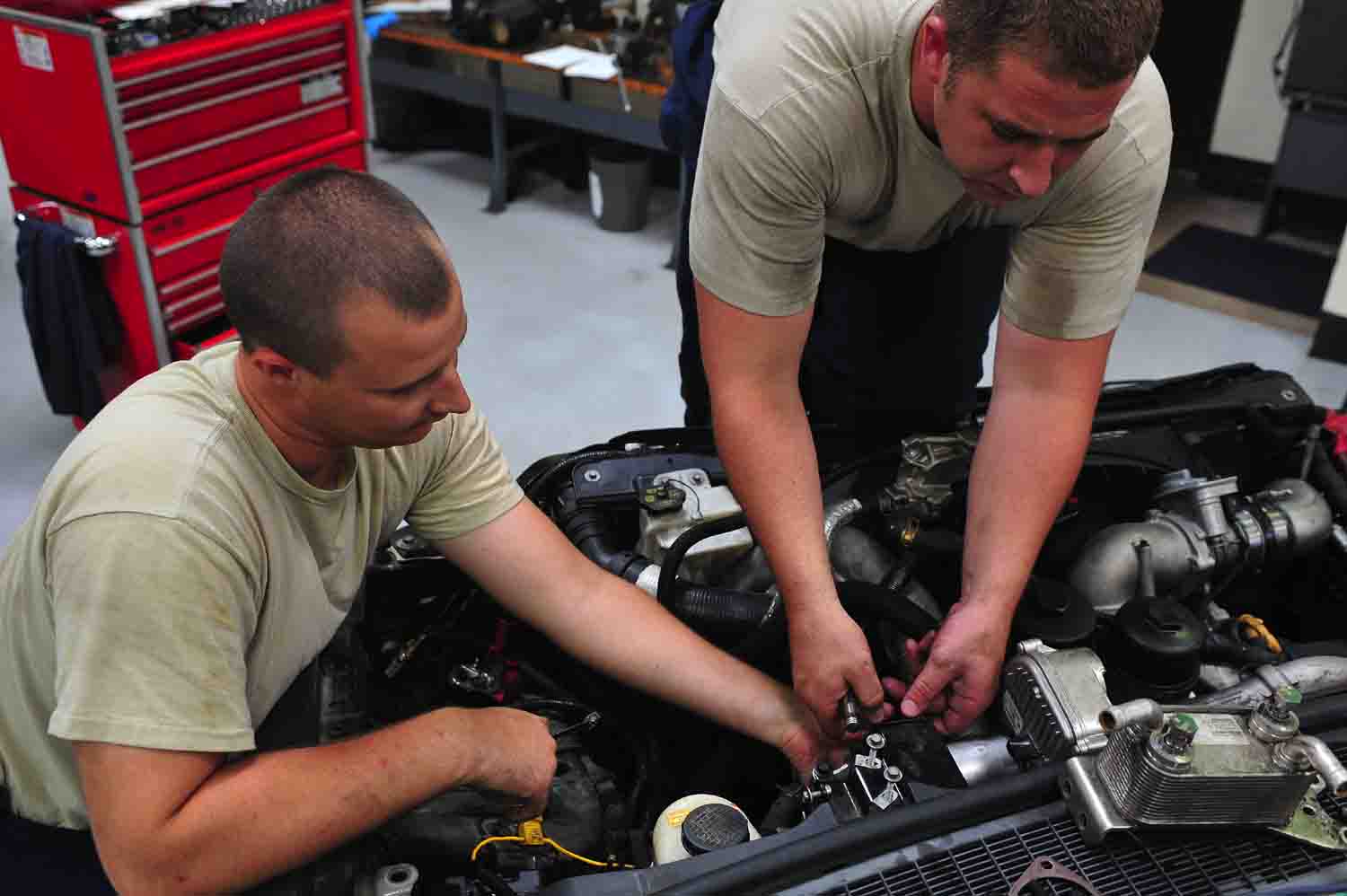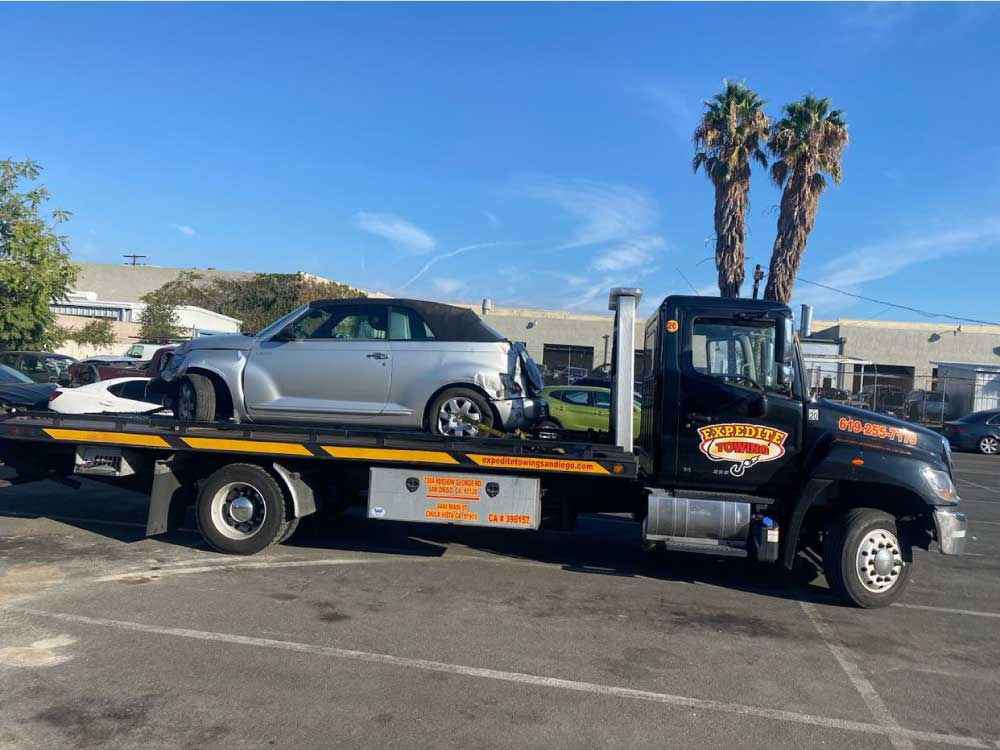Turbochargers for trucks are designed to increase engine performance and efficiency. This is especially true in heavy-duty vehicles. These chargers allow engines to work at their best under difficult conditions. When turbochargers have problems, the performance drops dramatically, leading to expensive repairs. Understanding common truck turbocharger problems and their fixes will help you avoid downtime and prolong the life of your truck.
Overheating Turbocharger
Turbochargers are susceptible to damage from excessive heat. Heat can damage turbocharger bearings without proper cooling. The primary causes are high exhaust gas temperatures and insufficient lubrication.
Oil flow is the key to preventing overheating. Heat-resistant, high-quality engine oil regulates temperatures and protects the turbo moving parts. Intercoolers can reduce the temperature of exhaust gases, which prevents excessive heat build-up.
Maintaining the cooling system, which includes cleaning radiators and checking coolant level, is essential to keeping the engine and turbocharger within safe temperatures. Ignoring symptoms of overheating, such as decreased power or abnormal noises, can quickly escalate the problem.
Turbocharger Oil Leaks
The most common problem with turbochargers is oil leaks. These can cause a variety of issues, including a shorter turbo life and engine misfires. Leaks are caused by deteriorated seals or clogged oil lines, which allow oil to leak into the intake and exhaust systems.
To stop oil leaks, inspect and replace worn seals. Also, keep oil lines clear. Regular oil changes and the use of high-quality oil prevent residue buildup. This reduces the chances of clogs. Keep your filter clean to prevent debris from contaminating oil. This will also extend the life of other components and seals.
Compressor Surge
When airflow is inconsistent through the turbocharger, it can cause pressure imbalances. Surges are often caused by a restricted air intake or a faulty Wastegate.
It is important to watch out for turbocharger surging, which should not be confused with compressor surging. When the problem is with the compressor, you will experience oscillations and hear fluttering. Compressor surge is more than just a performance problem; it can also cause premature turbocharger failure.
To fix compressor surges, you must first clean and inspect the air intake system. Replace or repair a malfunctioning wastegate to restore pressure control. These systems need to be maintained regularly to keep air flowing smoothly and prevent surging. This will promote optimal turbocharger performance.
Excessive smoke from exhaust
A turbocharger problem is often indicated by excessive exhaust smoke. Black smoke is caused by unburned gasoline due to a malfunctioning turbocharger or an incorrect air-fuel mix, while blue smoke usually indicates oil leakage into the combustion chamber.
Inspect and repair damaged blades to fix the problem. Replace worn seals, and clean the exhaust system if oil leaks are to blame. Smoke emissions can be reduced by adjusting the air-fuel mixture and maintaining sufficient airflow.
Preventing Turbocharger Problems
The key to avoiding turbocharger problems is preventive maintenance. Regular oil changes, the use of high-quality components, and inspections of air intake and exhaust are all critical practices.
Maintaining optimal performance means cleaning the turbocharger regularly and fixing minor problems immediately. Turbochargers can be used in many ways to improve your truck. But when it comes down to speed, they are the best. By being vigilant and knowing your options, you can avoid many of the common problems that occur with truck turbochargers.



